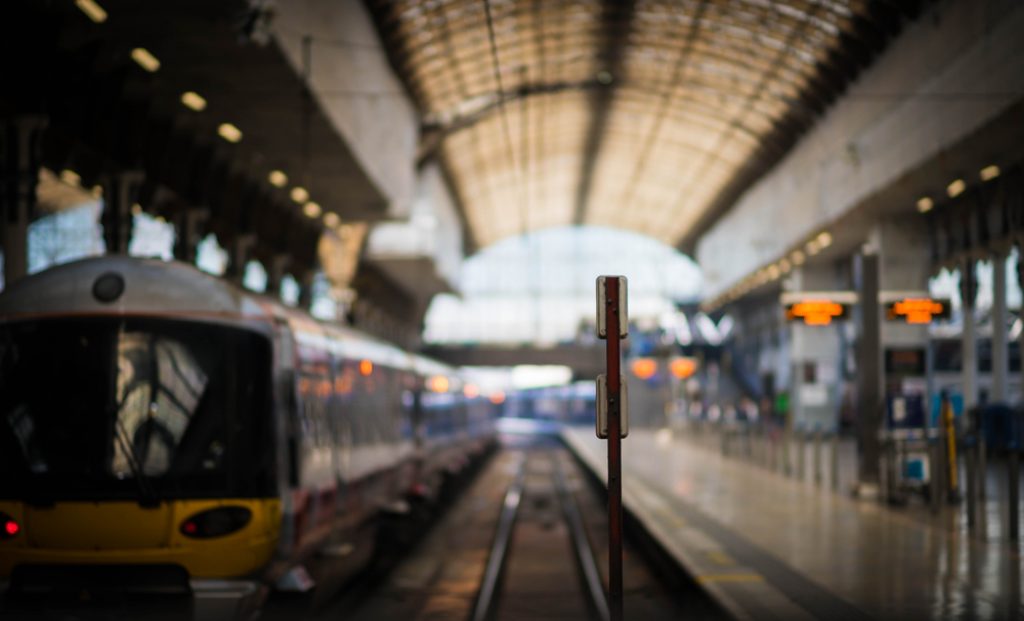Rail fares in England will increase by 4.9% this Sunday, with commuters urged to renew season tickets and buy tickets ahead of then – if possible – to beat the price hikes.
With just days left until rail fare hikes kick in on Sunday 3 March, passengers in England should book train tickets sooner rather than later to pay lower 2023 prices.
In December 2023, the Government confirmed that most regulated fares will be capped at 4.9%. This is lower than the figure expected, as it’s usually based on a formula using the July Retail Price Index (RPI) measure of inflation – which stood at 9% – plus 1%.
Around 45% of rail fares are ‘regulated’, which means the price is controlled by the Government. They include season tickets on most commuter journeys, some off-peak return tickets on long distance journeys and flexible tickets for travel around major cities.
For those with season tickets, check the date to see if you can renew ahead of Sunday to pay the current rate – essentially locking in 2023 prices for that bit longer.
Even if your season ticket expires a few days after the price hike, it may be worth renewing it now to make savings in the long term.
At the time of the Government’s announcement, it said the 2024 fare increases were lower than last year’s rise (5.9%), adding that passengers would have more time to buy season tickets at current rates, as the hikes come into effect in March.
Train fares usually went up in January each year, but in December 2021, the Government confirmed it would freeze fares for January and February – a measure that has remained since.
Transport Secretary, Mark Harper, previously said: “This is a significant intervention by the Government to cap the increase in rail fares below last year’s rise.
“Changed working patterns after the pandemic means that our railways are still losing money and require significant subsidies, so this rise strikes a balance to keep our railways running, while not overburdening passengers.
“We remain committed to supporting the rail sector reform outdated working practices to help put it on a sustainable financial footing.”
Transport Focus chief executive, Alex Robertson, said: “The highest priorities for passengers are value for money and reliability.
“After recent disruption and the pressure on household budgets, anything that limits fare increases has got to be welcome.”
Related: TfL fares frozen until March 2025





